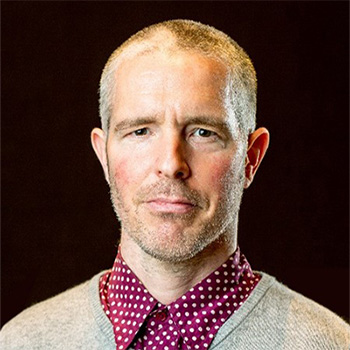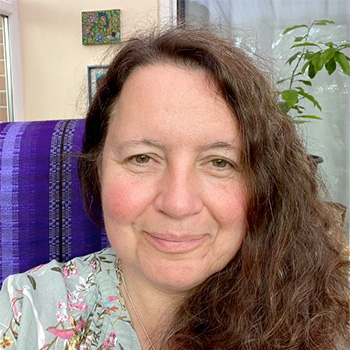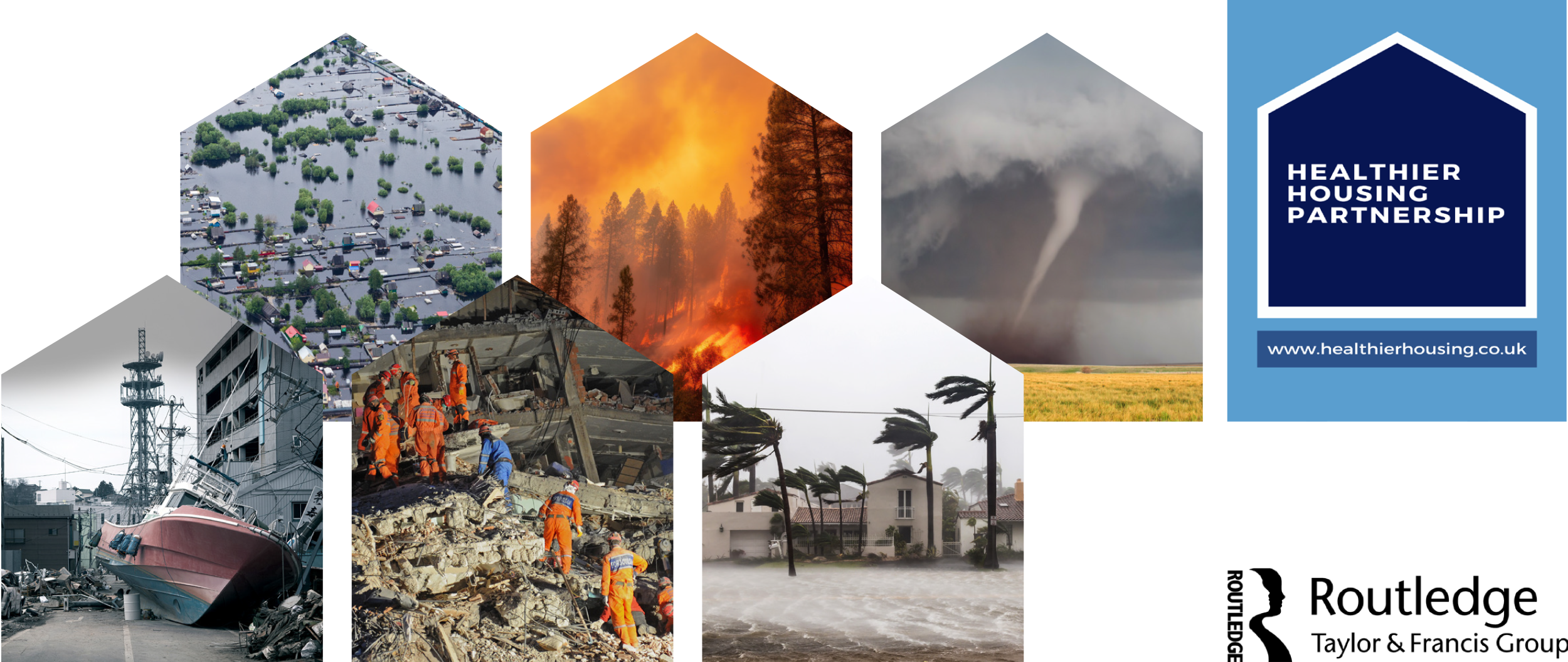Parallel Session B 11.30
Dr Lee Towers
School of Social Science, Teesside University
The frequency and intensity of extreme weather events are expected to increase, even if we mobilise the most effective of ways to mitigate climate change. Therefore, to protect the health and wellbeing of the most vulnerable and marginalised in society we need to find the best practice for adapting to events such as flooding and heatwaves. Impacts of extreme weather and climate events will largely be mediated by how prepared local communities are and how homes and wider infrastructure are fit for this uncertain future. However, communities are ideally placed to lead these adaptations because they are often the first responders, have in-depth local knowledge, relationships and networks and have scope to be innovative and flexible in changing circumstances. This paper reports about a study of how communities in the UK are organising to adapt and prepare for future climate change related extreme weather events using a case study approach. We present three cases of community-led adaptations to heatwaves, flooding and also cold snaps.
The first case is an urban community farm in Yorkshire that provides immersive environmental education, nature-based solutions to mitigate flooding and grows food to distribute to local community members. They involve a diverse community including those on very low incomes from the surrounding housing estate, ethnic minorities and they offer placements for people with learning disabilities to be involved in running the farm. The second case is a community energy organisation working with health professionals in Devon to help support those impacted by energy poverty during both heatwaves and cold spells. The third is a Scottish community organisation using experiential learning to provide local teenagers with cold water swimming skills. They aim to reduce water related deaths of young people in the loch on hot days. They also have a range of sustainable energy and local flood response and mitigation activities.
Our methods were conducting stakeholder interviews and focus groups, involving core and peripheral members of the organisations and communities, as well as examining any of the organisation’s reports, evaluations, and media outputs. Across these cases we draw out the commonalities and contrasts along three broad axes. Firstly, how and in what ways are communities understood and involved in these projects? Secondly, what are the aims and objectives of the organisations and what benefits do they see their adaptations having for the health and wellbeing of different community members? Finally, what are the local, regional and national challenges to the organisational aims/objectives? Empirical evidence along these three axes can be used to share best practices and techniques from community to community, thus scaling up and outward community adaptations for weather and climate extremes. It can also be used to show how best local, regional and national policy-makers can facilitate these community organisations both in order to make sure benefits to one group do not come at the cost of another, as well as enabling a broader just transition heading into an unprecedented future.
About the presenters
 In November 2022 I started a postdoc at Teesside University working with Professor Matthew Cotton firstly on a project exploring intergenerational justice and nuclear waste, but more recently (mid-2024) moving onto looking at community-led responses and adaptations to climate-related extremes of weather. I completed my PhD (titled: Energy, Justice, and low-carbon transitions: a governmentality analysis of the role of community energy in the UK) in October 2022. This used a governmentality framework appended by world-ecology and decolonial perspectives, to explore the history of energy and its role in empire building, and how it manifests presently in fossil capital and big-E energy solutions (large scale offshore wind or large hydro) favoured by states like the UK. Before my PhD I completed an MSc in environment and development at the University of Leeds and an MA in modern European history at the University of Manchester before this. I’m mainly a qualitative researcher comfortable using various theories and methodologies, but I’ve also been teaching myself python and data analysis.
In November 2022 I started a postdoc at Teesside University working with Professor Matthew Cotton firstly on a project exploring intergenerational justice and nuclear waste, but more recently (mid-2024) moving onto looking at community-led responses and adaptations to climate-related extremes of weather. I completed my PhD (titled: Energy, Justice, and low-carbon transitions: a governmentality analysis of the role of community energy in the UK) in October 2022. This used a governmentality framework appended by world-ecology and decolonial perspectives, to explore the history of energy and its role in empire building, and how it manifests presently in fossil capital and big-E energy solutions (large scale offshore wind or large hydro) favoured by states like the UK. Before my PhD I completed an MSc in environment and development at the University of Leeds and an MA in modern European history at the University of Manchester before this. I’m mainly a qualitative researcher comfortable using various theories and methodologies, but I’ve also been teaching myself python and data analysis.
 I am a medical anthropologist with research interests in climate change adaptations, energy poverty, global mental health, green spaces and health, sickle cell disease and trait, infant health and thermal care. I am a research fellow working evaluating community-led interventions to maximise the health and well-being of climate change adaptations for extreme events at the Department of Geography, University of Exeter. I also work at the London School of Hygiene and Tropical Medicine on the SUCCEED Africa project which is a research consortium taking a bottom-up approach to investigate what works for people with psychosis in their communities in Zimbabwe, Malawi, Sierra Leone and Nigeria. Previously I have worked on research into integrating mental health into maternal health services in Ghana and Vietnam, and on nature and health, fuel poverty and sickle cell disease in the UK.
I am a medical anthropologist with research interests in climate change adaptations, energy poverty, global mental health, green spaces and health, sickle cell disease and trait, infant health and thermal care. I am a research fellow working evaluating community-led interventions to maximise the health and well-being of climate change adaptations for extreme events at the Department of Geography, University of Exeter. I also work at the London School of Hygiene and Tropical Medicine on the SUCCEED Africa project which is a research consortium taking a bottom-up approach to investigate what works for people with psychosis in their communities in Zimbabwe, Malawi, Sierra Leone and Nigeria. Previously I have worked on research into integrating mental health into maternal health services in Ghana and Vietnam, and on nature and health, fuel poverty and sickle cell disease in the UK.
